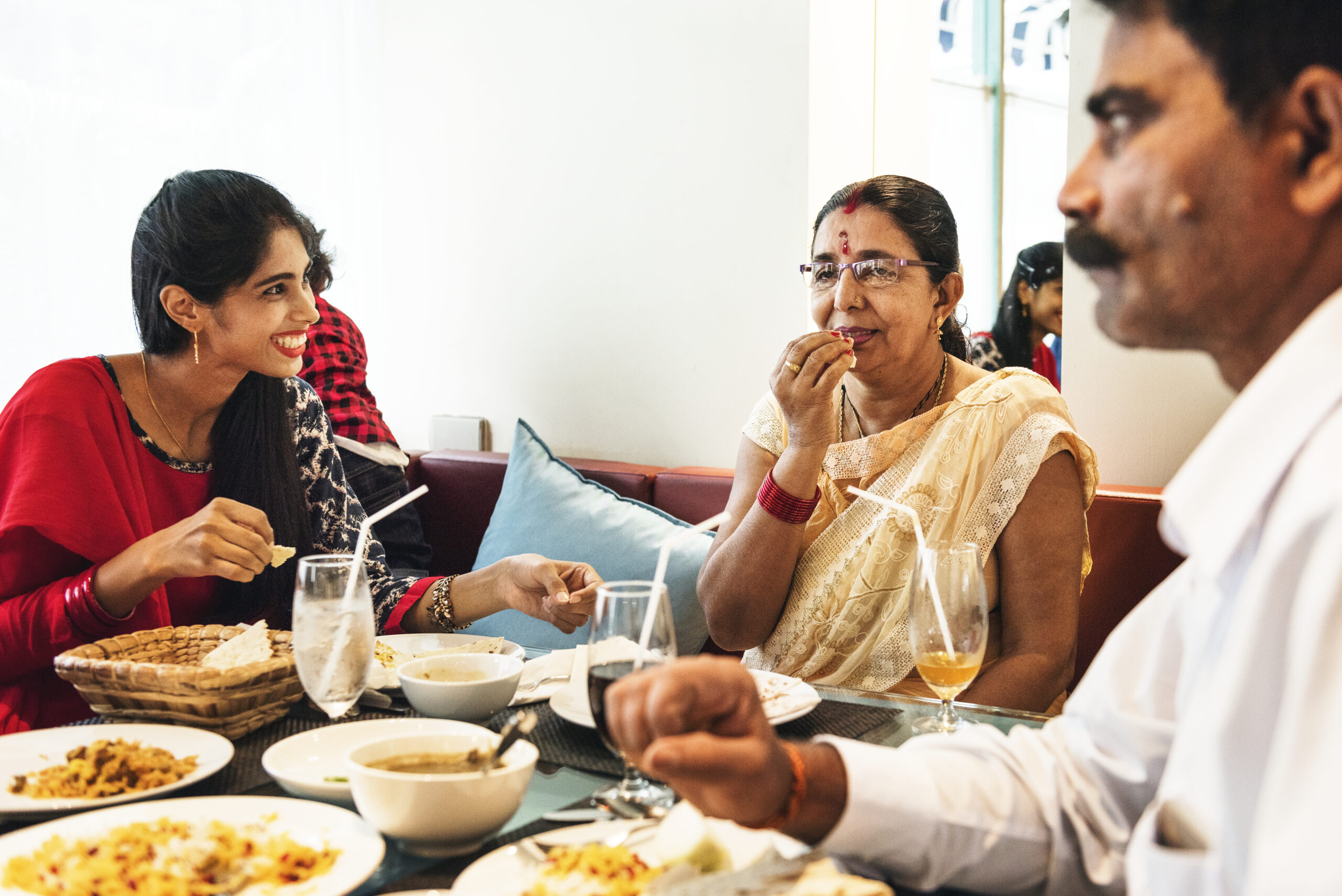Synopsis
Nutrition plays a central role in elderly wellness, especially when rooted in traditional Indian diets that combine balance, familiarity, and holistic health. This blog explores how senior care centres across India are designing meal plans that honour regional food preferences while meeting the dietary needs of ageing individuals. It highlights the importance of custom diets for conditions like diabetes, high blood pressure, and digestion issues, and how centres like Artha Senior Day Care integrate traditional meals with modern nutritional planning. With an emphasis on taste, health, and cultural comfort, Indian senior care providers are making meals a daily source of strength, joy, and connection.
Table of Content
- The Role of Nutrition in Elderly Wellness
- Common Dietary Needs in Senior Years
- Importance of Indian Food in Emotional Comfort
- Tailoring Traditional Meals to Modern Health Requirements
- Managing Common Conditions Through Diet
- Hydration and Digestive Support for Seniors
- Cultural Sensitivity in Food Planning
- How Artha Senior Day Care Crafts Nutritious Meals
- Impact of Good Nutrition on Daily Mood and Energy
- Conclusion
The Role of Nutrition in Elderly Wellness
As people age, metabolism slows, appetite changes, and digestion becomes more sensitive. A well-balanced diet is key to maintaining strength, energy, and immunity. Nutrition for seniors must be easy to digest, rich in essential nutrients, and culturally familiar. At senior care centres, meals are planned not just for sustenance but for healing, enjoyment, and holistic wellness.
Common Dietary Needs in Senior Years
Older adults often require diets that are low in sodium and sugar, high in fibre, and rich in vitamins like B12 and D. Protein intake becomes vital to maintain muscle mass, and calcium is essential for bone health. Many seniors have unique needs based on their medical history, and standard meals may not suffice. Senior care centres personalise meals to meet these evolving dietary requirements.
Importance of Indian Food in Emotional Comfort
Food is not just nourishment — it’s memory, identity, and emotion. Indian seniors find comfort in familiar dishes like dal, khichdi, poha, or idli. Including traditional recipes in senior diets creates a sense of home, encouraging appetite and emotional well-being. Even spices like turmeric, ajwain, and jeera carry medicinal and nostalgic value, connecting seniors to their roots.
Tailoring Traditional Meals to Modern Health Requirements
Modern senior care centres adapt traditional dishes to suit current health needs. For example, using less oil in sabzi, switching to multigrain chapatis, or using jaggery instead of refined sugar. Small changes retain the original taste while enhancing the health quotient. This approach ensures compliance with nutrition plans without emotional resistance.
Managing Common Conditions Through Diet
Dietary management is crucial for chronic conditions like diabetes, hypertension, constipation, or high cholesterol. Indian senior diets at day care centres are customised with low glycaemic index foods, high-fibre vegetables, and controlled salt usage. Proper meal spacing and portion control are also emphasised. This medical-nutritional care ensures that seniors stay stable and active
Hydration and Digestive Support for Seniors
Dehydration and indigestion are common among older adults. Day care centres monitor water intake, and include digestive aids like buttermilk, fennel water, or herbal teas. Fibre-rich foods and probiotics are offered regularly to improve gut health. Hydration is tracked carefully throughout the day to avoid fatigue or confusion.
Cultural Sensitivity in Food Planning
Respecting food habits across cultures, regions, and religions is key to successful nutrition planning in Indian senior care. Artha and similar centres offer vegetarian menus, options for fasting days, and avoid ingredients based on religious preferences. Seniors feel seen and respected when their meals reflect their personal and cultural values.
How Artha Senior Day Care Crafts Nutritious Meals
At Artha Senior Day Care in Gurugram, every meal is designed with a nutritionist’s input and prepared fresh daily. Menus are rotated weekly to maintain variety and interest. Special attention is given to texture, spice tolerance, and portion control. Caregivers monitor eating habits and ensure that no senior is left unfed or uncomfortable after meals.
Impact of Good Nutrition on Daily Mood and Energy
Seniors who eat well stay mentally sharper, more energetic, and emotionally balanced. Proper meals reduce irritability, improve sleep, and support better participation in activities. When nutrition becomes enjoyable and healthful, it transforms the entire senior care experience — and this is exactly what centres like Artha strive for every day.
Conclusion
Traditional Indian diets, when thoughtfully adapted, offer the perfect balance of comfort and care for seniors. Nutrition is not just about calories — it’s about dignity, taste, and personalised health. Senior care centres like Artha are redefining elderly meals in India by combining modern science with cultural wisdom — ensuring every bite nourishes the body and soothes the soul.
FAQ's
Fibre, calcium, protein, and hydration are key, along with reduced sugar and salt. Meals must also be easy to chew, digest, and culturally familiar to encourage regular intake.
Yes. Centres like Artha Senior Day Care tailor meals for diabetes, blood pressure, digestive issues, and more — ensuring seniors receive safe and effective nutrition.
When prepared with health in mind, traditional meals provide emotional comfort and balanced nutrition. With minor adjustments, dishes like khichdi, dal, and upma can meet modern dietary needs.
At trusted senior care centres like Artha, meals are cooked fresh daily, using seasonal and regional ingredients, under hygienic conditions suited for elderly digestion.
Absolutely. Indian senior day care centres are sensitive to religious and regional preferences. Customisation ensures that food is both respectful and enjoyable for every individual.


